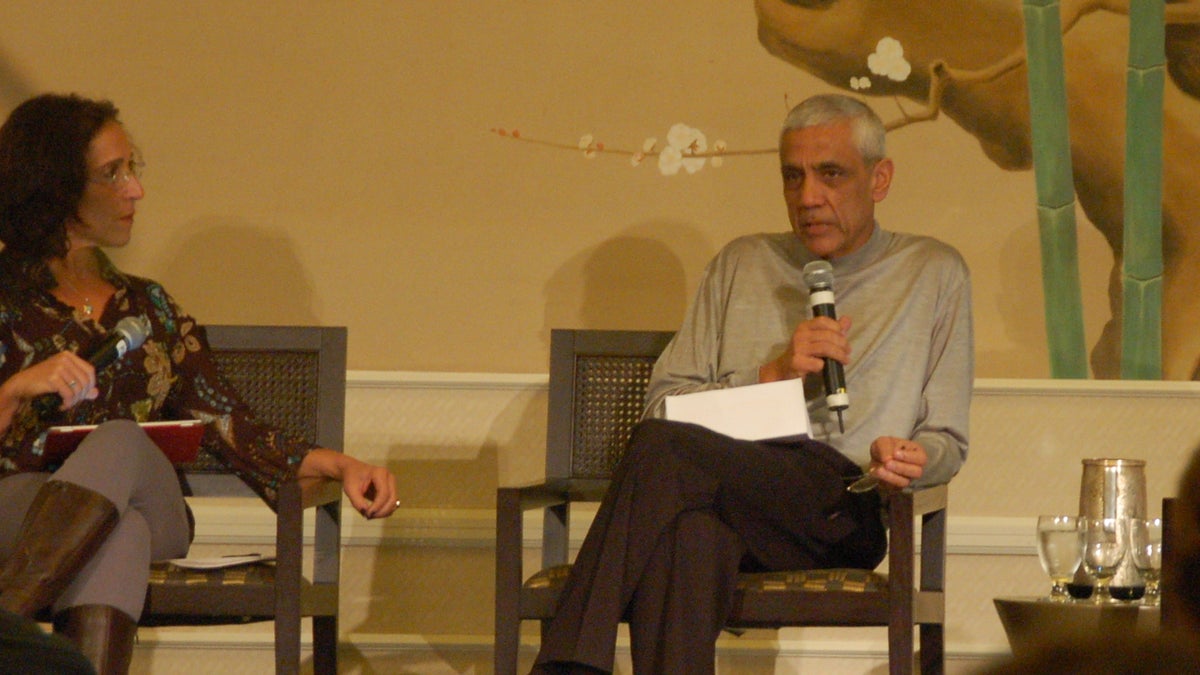Vinod Khosla: Lessons from the fail
You cannot truly succeed if you do not embrace failure, says Silicon Valley VC icon.

SAN FRANCISCO--One of my favorite tech conferences is the one focused, literally, on failure: FailCon, an annual event started in 2009.
The story of our industry's success is literally built on failure: flamed-out venture investments, bad ideas, and good ideas suffering under bad management or unfortunate timing. It's failure that creates the most important experience. It's the spoon that mixes together this experience into new combinations where people can, eventually, succeed. Or fail again.
I confess the conference did start off with a bummer of a keynote, from Anna Patterson, the co-founder of the disastrous search startup Cuil. She focused on personal steps to take after a company flames out (help other people get jobs; go see a therapist), but also gave some insight into how, specifically, a well-funded company can spiral in. In particular, she said, it's never one thing. "Lots of things go wrong," she said, and gave examples of how the Cuil team bungled the launch of the product. "We could have dealt with a little more micromanagement prior to launch," she explained.
Valley icon and VC Vinod Khosla followed, saying that this is the one conference he asks to speak at. "I love to talk about failure," he said, and began to break down how he embraces thinking about failure, and what it teaches.
As he's said before, especially when he speaks of his investments in energy companies, "I don't mind failing, but if we succeed, it'd better be worth succeeding." He focuses on the "consequence of success," and that explains why he does not object to investing in some startups with a 90 percent probability of failure.
Khosla also points out that, on the startup side, this is a game for the young, those whose lives allow them to take crazy risks, where the downsides of a business flameout are relatively small. As a young entrepreneur, he realized that when dealing with a VC, "If we win, we win. But if we fail, you lose." Khosla, 56, also said, "People fundamentally stop trying things at about 30. After 45, people basically die."
I'm on the wrong side his age equation, but I prefer to see this as a challenge.
Again and again, Khosla talked about creating businesses where the upsides were truly big. "Most people in the venture and financial community try to reduce risk, so when you succeed, it's inconsequential."
Nonetheless, he does not recommend blithely ignoring failure modes. "Look for people who critique you. Examine failure modes. Collect all the ways you might fail," Khosla advises. "And build contingency plans."
Khosla also points out that a lot of the success of a new venture is out of the hands of the entrepreneur. "There are probably three or four things you can control out of ten that matter for the success of your company." Competitors control another three or four. "The rest is just luck."
Partly for that reason, he is dismissive of business plans. "I've never seen one that's accurate," he said.

